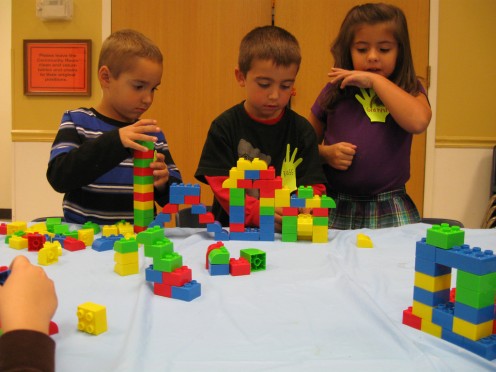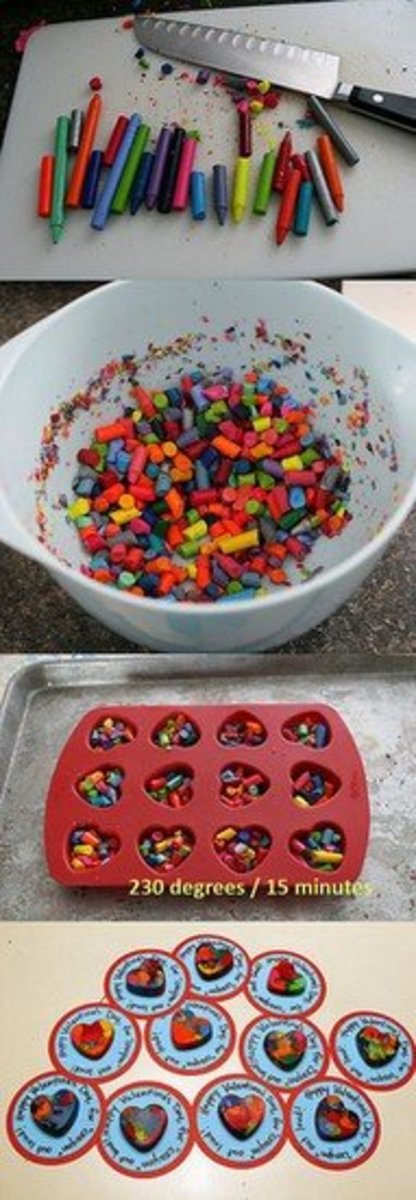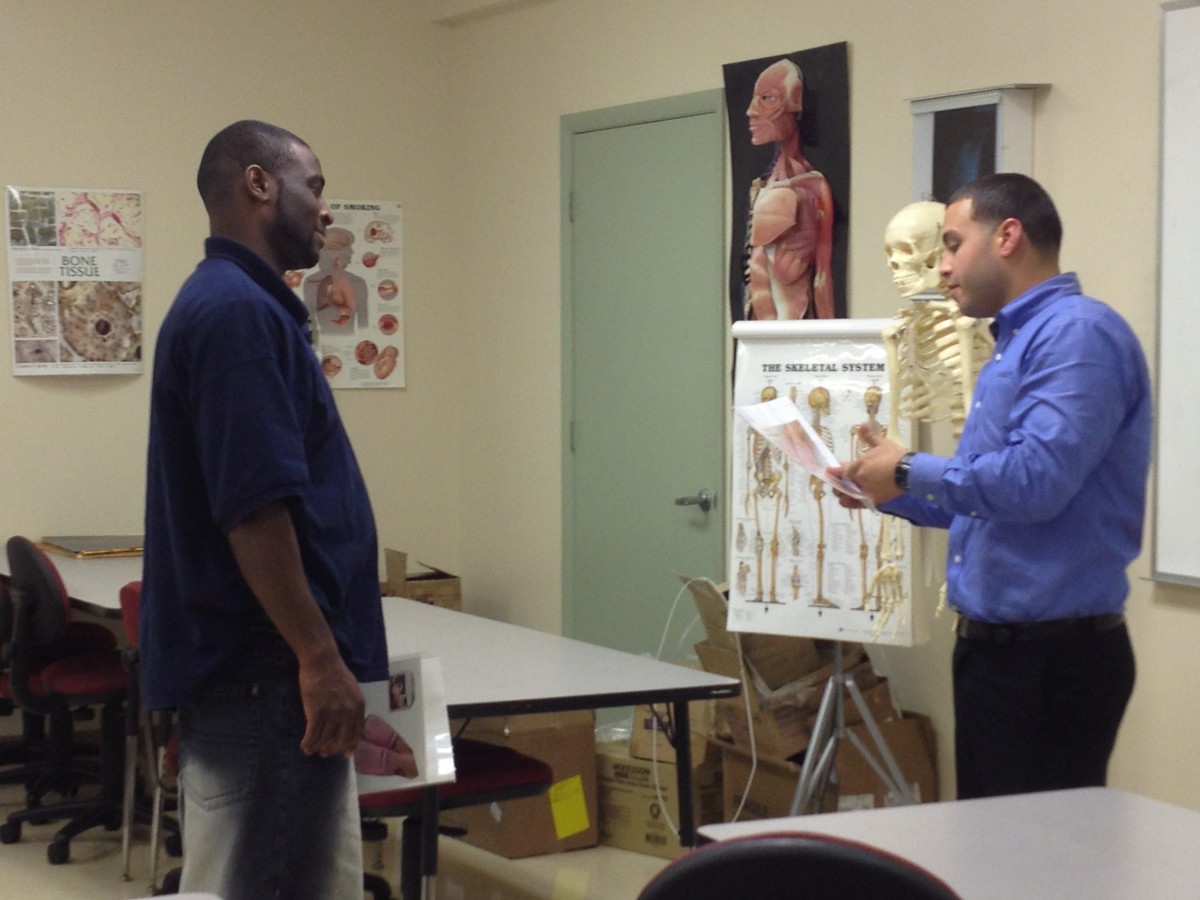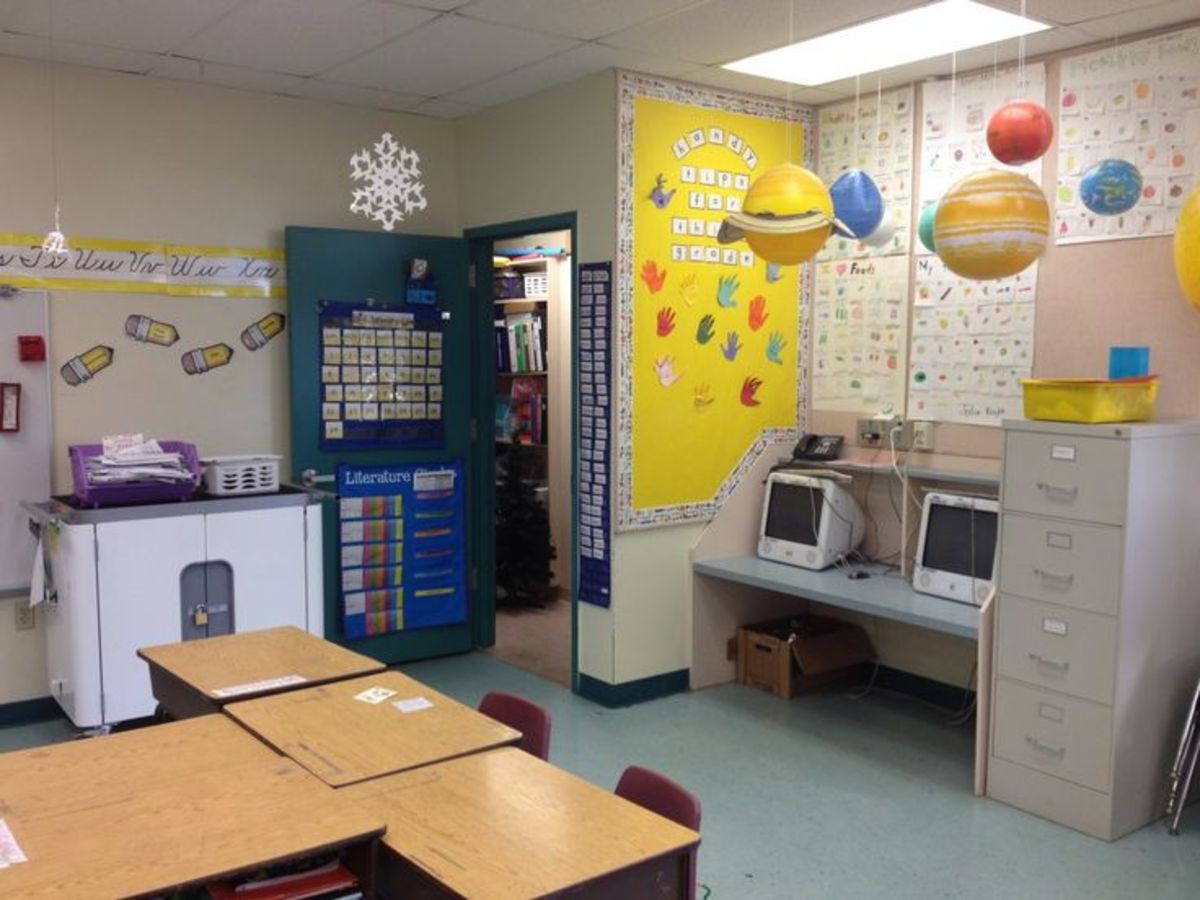How to Tutor Elementary Students
Tutoring elementary students can be a very rewarding activity! As a tutor for fourteen years, many of my students were in elementary grades, and they proved to be some of my most engaging and memorable relationships. I often learned as much from them as they did from me! When it comes to developing a great rapport, there is often no better age than elementary school years.

Communication is Important in a Tutoring Relationship
When tutoring elementary students, communication is the most important part of the sessions. There are three important elements of communication when tutoring elementary students.
Communication with the Student
In order to have successful tutoring sessions, the students must feel that they have a trusting and comfortable relationship with their tutor. In order to build this relationship, you need to have open communication with the student. Students enjoy being empowered, so instead of assuming things, ask them questions. Open the session by asking about the student's feelings about school, friends, and what they are doing in class. This opens the door to get into deeper discussions about the issues he or she is having in the subject.
Communication with the Parents
An open line of communication with the parents helps to ensure that everyone is on the same page, and everyone's goals are being met. Instead of just exchanging pleasantries at the beginning and end of each session, make sure you have regular check-ins with the parents to ensure that you are meeting their expectations. At these check-ins, also discuss your plan for the next few sessions, and any concerns you may have.
Communication with Teachers
If the parent and student approve, contact the student's teacher and let them know that you are tutoring this student. Ask what concerns they have, and ask if they have any tips for you about techniques that have worked with this particular student. Keep this line of communication open so that you can know in advance about tests and other important milestones in the class.

Amazon Has Great Resources for Tutors
Know the Subject You Are Tutoring
Knowing the content and what is taught at a particular elementary grade level is critical to successful tutoring. Beyond a basic understanding of the subject matter, you will want to keep up to date on what specifically is being taught in the class each week. Here are some methods for staying current on the subject matter:
- Look at the state academic standards for that subject in the student's grade. These should be available from the state's Department of Education website, or you can get a copy from the student's teacher. Locate the subject area(s) that you are tutoring, and then read the standards for the student's grade level. This is the minimum content that will be covered during the school year in this subject. While the teacher may decide to cover the items in any order that fits his or her teaching style, the state academic standards can be your road map to the information you will need to know.
- Read the classroom materials. Review the student's textbook and any other materials that are used by the teacher (workbooks, websites, and other online or print resources). Also, if the teacher provides a calendar, make sure you have your own copy so that you can follow along with what is being taught. Knowing what is being taught next will give you more time to prepare.
- Talk to the teacher about lesson plans. Find out about any projects, papers, or tests. Understand how the subject matter is being applied in the classroom and in assignments.

Build a Mentoring Relationship With Your Student
No matter how much you understand the content, or how much you communicate, the relationship you have with the student you are tutoring is the real key to academic success. This may sound counter intuitive, as you would think that the subject matter is the most important factor. But, if you build a satisfactory mentoring relationship with an elementary student, the other factors will fall into place more easily.
As a tutor, you can't choose if you are a mentor to your student. Every person, no matter their age, chooses his or her own mentors based on the relationship they have with this person. It is often an unconscious choice, but a child's mentor has their respect, confidence, and trust.
To become a chosen mentor for the student you are tutoring, you must gain their trust and respect. Show them that their opinions matter in your conversations, and that their feelings are okay even if they are negative. I always tell my students that I work for them, and that they are the boss. Although I guide the sessions, they feel empowered that they have a hand in their success. The ultimate goal is learning, but they can help make the decisions that lead to that learning. Since their academic success is at stake, they should take part in the process.
I once tutored a boy who had a very negative attitude toward school and learning. He stomped into my office, lagging behind his mom, for our first consultation. He obviously wasn't happy about having another adult tell him what to do! But I started the conversation telling him that it didn't matter what I wanted, as long as I could help him learn. I explained that I worked for him, and that it was my job to help him achieve success. From that point on, he confided in me and we worked together to build not only an academic plan, but a mentoring relationship.
Additionally, elementary students spend all day listening to others tell them what to do. From teachers to parents to bus drivers, they rarely make their own decisions outside of the playground. Empowering them to express opinions and help craft solutions makes them happier to take part in the session.


Make Tutoring Sessions Fun
Elementary students have short attention spans, and are easily distracted. In order to keep their attention throughout the tutoring session, make the sessions interactive and fun. Along with the materials used in the classroom, use other items during the lessons that are friendly to them and make activities fun. For example, toys, brightly colored markers, and games can all be used to teach elementary concepts. Here are some examples:
Along with open communication and building a solid mentor relationship, creating engaging activities will make the tutoring sessions for both the tutor and the student.









